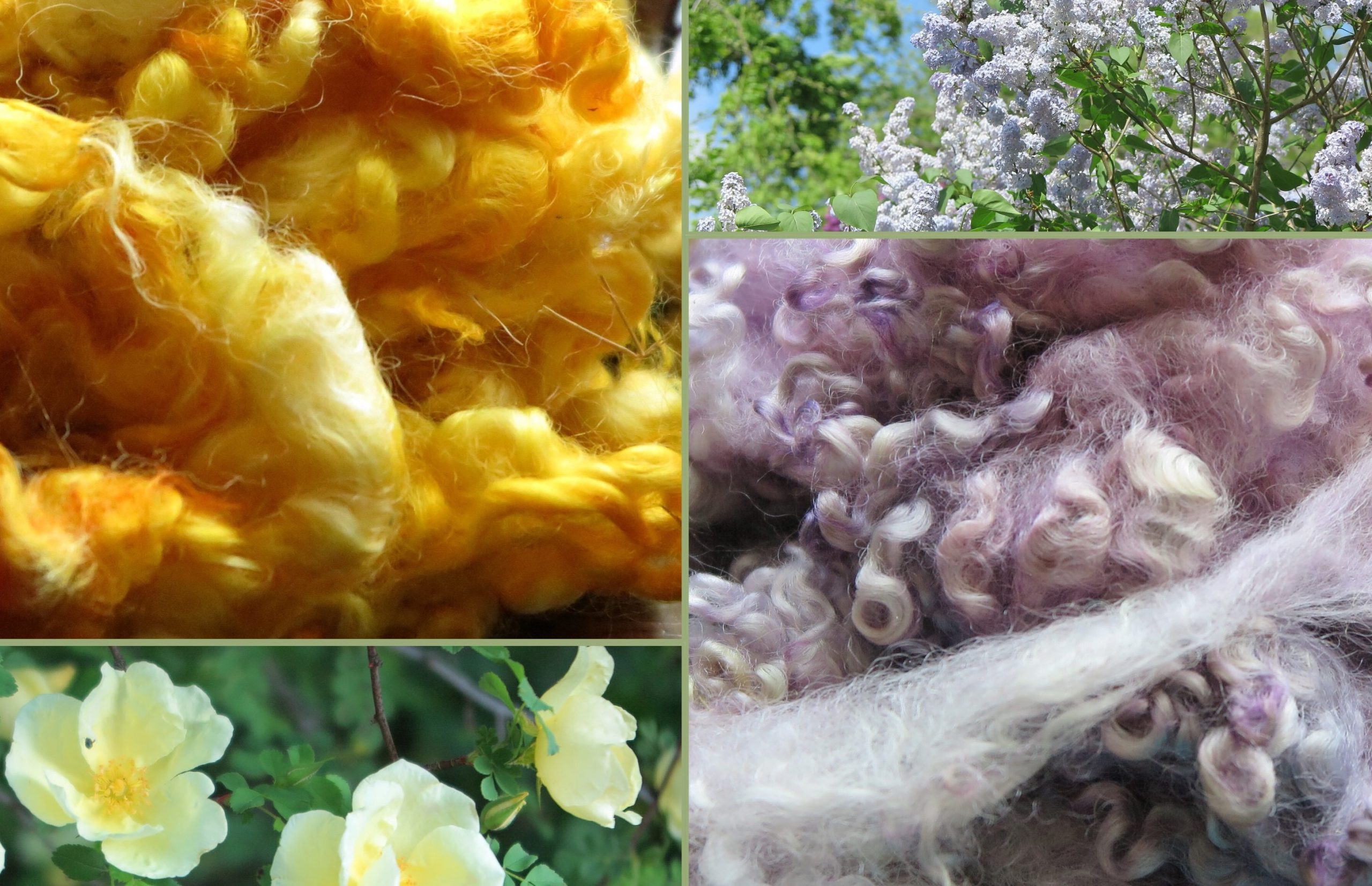This past week has seen yet another black man brutally murdered by police and a white women attempt to get a black man murdered when she called 911 and lied that she was being threatened.
The systemic racism in the United States, and the violence it both condones and encourages, pervades all aspects of our lives. But it especially impacts the lives of our black and brown community members and their families. When I travel, all I need to think about when looking up yarn stores is “how easily can I get there? and “do they have yarns I’m interested in?” Information I can quickly snag from Google or their website. Having a hard time deciding? Maybe I’ll go to Ravelry and ask if people have a favorite.
People of color also often ask what it’s like to visit on Facebook forums, Instagram threads or other platforms. And I see responses from white women cheerfully responding about how lovely the selection is and that the staff are just the nicest people, not understanding how their experience could be worlds apart from what the black or brown woman posing the question would have. My experience in a store doesn’t answer the questions “will a black or brown person be harassed by the other customers? Will the staff ignore them or even treat them like criminals? Can a black or brown women send her husband there to pick up a souvenir while on a business trip?” Imagine being worried not that your partner would come home with the wrong yarn, or the brand of needles you hate, but that they might not come home at all.
This pandemic has lead many people to turn to crafts as a creative outlet which can be done at home, alone (though we may miss our craft circle get-togethers). For many knitting or spinning may be a form of meditation, allowing us to calm the panic. What’s more, for many the ability to create home made masks provides a sense of control, or doing something good even as the world feels so chaotic and upside down. People (mostly women) of all colors are filling their Facebook and Instagram feeds with the many colorful masks they are sewing to protect themselves and loved ones, to donate to essential workers or to give to hospitals while swapping tips on different designs and materials. This is good and necessary work, and I applaud the many people doing it.
However, it’s from black and brown people that I hear the fear not just of Covid-19, but of what wearing a mask might mean for them. As state, local, CDC and WHO guidelines shifted to recommend face coverings, suggestions went out to wear a scarf or bandanna if you couldn’t get a mask. “But,” asked people of color, “can we do that?” Wearing hoodies, bandannas, or anything that obscures the face already so often increases their risk of being seen as threatening and criminal. Was this a legitimate option for them? How clearly does a mask need to be a Covid-19 mask for it to be “safe” to wear? How would white people in or near their neighborhoods react? Could they shift a life-time of learned fear of black people, particularly those with face coverings, overnight to interpret a masked black man as somebody protecting others in the community?
And this is a real fear when over and over again we have seen how black and brown men and women are accosted, attacked and killed for the slightest perceived infractions. No due process. No mercy or compassion. So while lived experiences are going to differ*, it’s a legitimate concern. One which is all the worse when you consider how communities of color have been so disproportionately impacted by this virus. Both because they make up such a large portion of essential workers in the US, and because systemic racism has left them so much more at risk of complications and placed barriers to getting care. Environmental issues (smog, toxins, polluted water), constant stress, and discriminatory health care have all created higher rates of preexisting conditions such as asthma, diabetes and heart disease.
Many of us are trying to work from home, limit trips and other interactions for the good of our communities. We are being asked to protect not just ourselves but others as well, especially the more vulnerable. But recent events have shown yet again that white lives (and comfort) continue to be valued above black and brown lives. Covid-19 is not the only disease running rampant our society. While racism has been around far longer than Covid-19, it’s something wholly of our own making and we need to work just as hard to stamp it out, eliminating it from ourselves and those around us.
Why am I talking about this on a craft blog? Our craft communities do not exist in a bubble. We must not use our craft as a means to hide from reality when things are tough. If you are white, you may have the luxury of that option, but resist this temptation. Our craft time may allow us to restore our energies, but it shouldn’t be how we hide from reality.
We should all be angry.
*I suspect in part based on how much the community as a whole has embraced wearing masks, as well as preexisting race relations.
